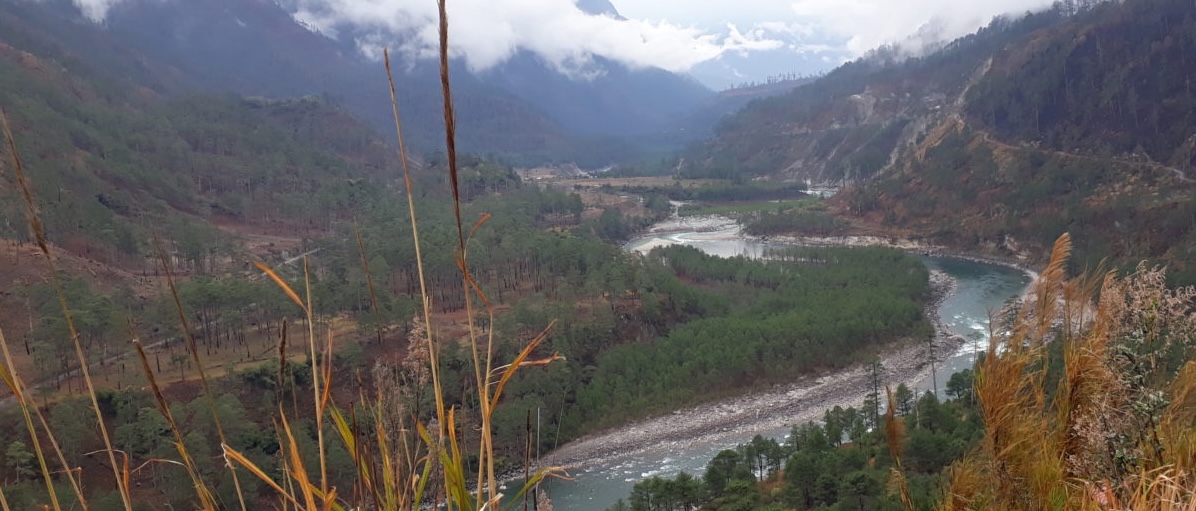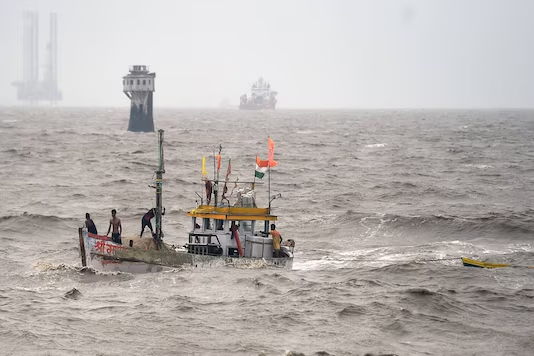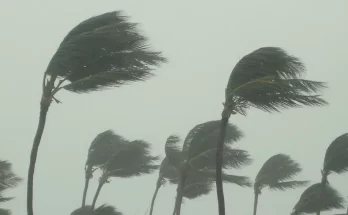This year’s theme is ‘Environmental and Climate Literacy’ which seeks to “empower everyone with the knowledge to inspire action in defense of environmental protection.” Decide your own contribution when you celebrate ‘Earth Day’ on April 22
Nagpur Municipal Corporation (NMC) institutionalized an innovative system for the betterment of environment in 2016. It officially promoted and made available cow-dung cakes for cremation at one of the ghats. It is almost one year since the facility was adopted by the NMC and the number of families choosing to go green when bidding good bye to their dear ones is increasing day by day. Using cow-dung cakes has not just proved to be cost-effective but also saves trees from being cut.
The brain behind this was Vijay Limaye of the Eco-friendly Living Foundation (ELF), who has been propagating the concept through his NGO at various ghats. In about 10 months, when more than 300 persons were burnt using the eco-friendly materials such as cow-dung and/or briquettes made from agro-waste. The initiative has received a huge response from Nagpur residents and the facility is in the process of being replicated at other cremation sites in the city.
Far away from Nagpur, in drought-prone Marathwada, a bunch of Jain people, mostly from Mumbai, were striving hard to bring relief to the drought-stressed farming community across 60 villages. Samasta Mahajan, an organization of few individuals from the business community, poured in its heart to de-silt scores of lakes, deepen hundreds of ponds and help large number of farmers dig farm-ponds in their land. This was followed up by plantation of lakhs of indigenous varieties of trees such as banyan, neem, peepal, mango, tamarind, baheda and karanj etc. to alleviate the drought related problems faced by the farming community.
Our Mother Earth
Recognising and acknowledging that Mother Earth is a common expression for the planet earth in a number of countries and regions across the globe, which “reflects the interdependence that exists among human beings, other living species and the planet we all inhabit”, the United Nations General Assembly decided to designate April 22 as the International Mother Earth Day in 2009. The United Nations believes that “the landmark Paris Agreement on Climate Change in conjunction with the 2030 Agenda for Sustainable Development holds the power to transform our world.”
The theme for 2017 campaign – Environmental and Climate Literacy – is an apt step to club the two major plans of action agreed upon by world leaders. Top leaders from 196 countries signed the Paris Agreement wherein they all agree to limit the global temperature rise to well below 2 degrees Celsius and given the extreme urgency of the situation, to strive for 1.5 degrees Celsius. The changing climate has already started manifesting as there has been a steady rise in the number of climate related disasters.
Governments of the world, including the government of India, have announced to take several measures to combat disasters that are wrought on the humanity due to changes in the climatic conditions. India’s federal structure makes participation by the state governments necessary in all such endeavours. Maharashtra government too has charted out its Action Plan for combating Climate Change.

For instance, among other sector-wise issues, the 300-plus page document mentions possible impact of climate change on water resources in the state – such as ‘projected increase in rainfall in the form of heavy precipitation events’ and ‘increase in surface run offs in certain catchments’. It then goes on to recommend ‘conservation and re-naturalisation of rivers and water bodies’, ‘enhancement of water storage and groundwater recharge’ and ‘improvement of water use efficiency’ and charts out a proper action plan for steps to be taken for mitigating this problem and also in adapting to the situations arising out of it.
Individual’s contribution
But more than what the governments are doing, it becomes imperative for each one of us to contribute in whichever way we can. (See box for what you can do?) Not just adults but even children/students need to be aware of what can be the consequences of the changes in climatic conditions, of its unprecedented threat to our Mother Earth. Awareness will come from education and empowerment through knowledge. Knowledge will inspire people to take adequate action. “Environmental and climate literacy is the engine not only for creating green voters and advancing environmental and climate laws but also for accelerating green technologies and jobs,” the United Nations has declared.
Each one of us is duty bound to first gain knowledge about causes that lead to rise in global temperature which in turn brings about disastrous climate changes. Next, we need to empower others with that knowledge so that each one of is aware of the pitfalls and can take a conscious decision to improve chances of a better world for our tomorrow.
“Ensuring adequate public participation is central to the design and implementation of any SAPCC,”, the Maharashtra state action plan to combat climate change states and declares: “Effective climate action on adaptation requires general public awareness and community involvement. There is potential for key roles to be played by women, the youth, NGOs and community leaders.”
Perfect opportunity for spreading ‘Environmental and Climate Literacy.’ Remember, you need to work to save yourselves, your future. Are you ready?
What can an individual do for his bit for Mother Earth?
Some simple and some not-so-simple steps for ordinary citizens
** Adopt sustainable lifestyle – e.g. reduce energy consumption as much as possible
** Build green buildings rather than opting for glass facades
** Cycle to your office or take public transport, discard your own polluting-fuel vehicle
** Make online bill payments, reduce paper usage
** Do not pollute the rivers and the mountains as citizens, as tourists
** Save every drop of water – in your kitchen, bathroom and in open/common areas
** Harvest rainwater falling on your roof top, in your garden, in your farmland
** Plant trees as often as you can and in as many numbers as you can
** Recycle things to reduce garbage/waste, turn waste into energy
** Shift to solar and/or other renewable energy
This write up was carried by Maharashtra Ahead, the official publication of DGPIR of Maharashtra Government in its April 2017 issue. The following images show how it appeared in the print edition.






